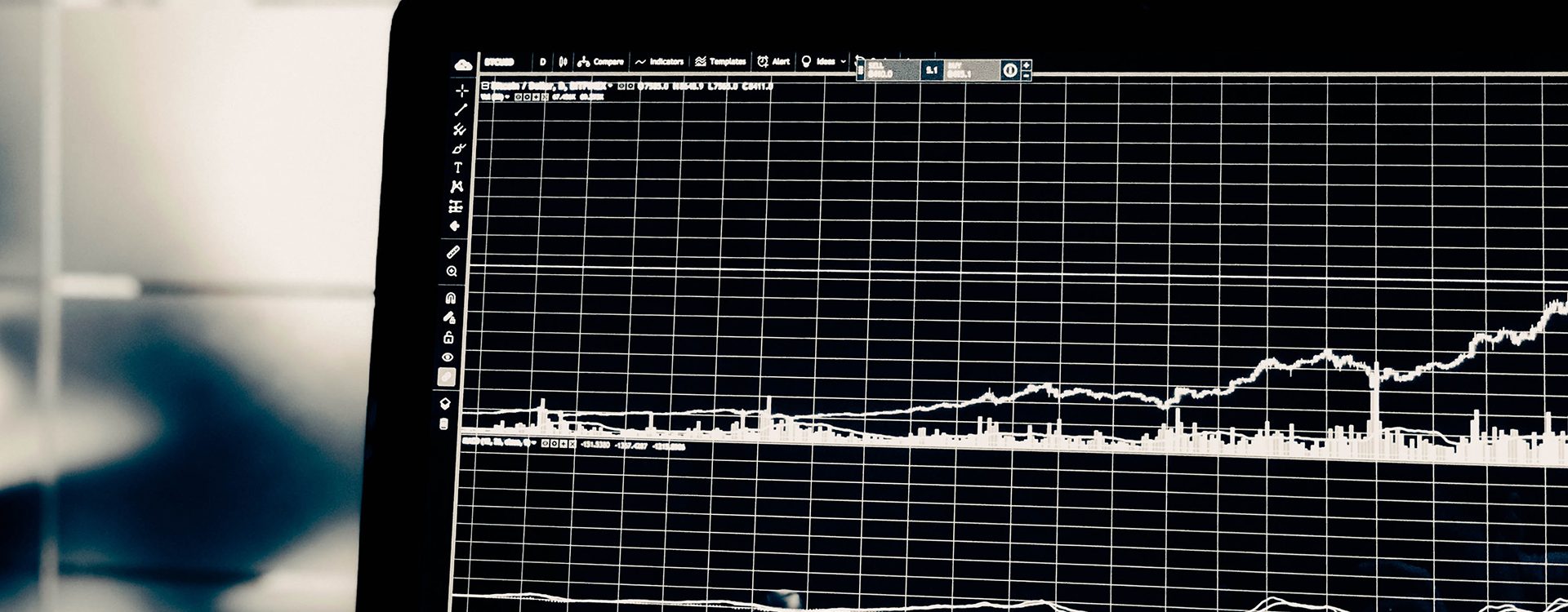Down 30% in a matter of days: the recent flash-crash of bitcoin, the best-known of the so-called virtual currencies, is indicative of the leader’s contemporary strategic context, marked by the growing interconnection of the real and the virtual. In May 2021, Elon Musk tweeted that “Tesla has suspended car purchases in bitcoin. We are concerned about the increasing use of carbon-rich fuels to mine bitcoin and its transactions, especially coal which has the worst emissions of any fuel.” While he had previously been a huge supporter of virtual currencies and participated in their rise, he derided another currency, Dogecoin, a few days later on the mainstream show Saturday Night Live. In the wake of this, China reiterated its hostility, saying that virtual currencies are too speculative and too closely linked to criminal activities, while simultaneously accelerating preparations to launch its own virtual currency. Tweets, shows, starification, states, complex technologies, volatility, reactivity of communication, rapid changes in situations, this is the new playground of the leader. Let’s not think that this only applies to the advanced technology sectors. Whether it is a question of construction, health, food or raw materials, it is indeed on the same steep and evolving terrain that every manager evolves: the strategic field is expanding to include what some have called the “intangible.’ But to emphasise the interconnection of this dimension with physical reality and to remember that the virtual is real, it would be more appropriate to call it ‘soft’, in reference to ‘soft law’ or ‘soft power’. This part of strategy was already widely theorized more than 20 years ago, in Russia, China (the famous war beyond limits), the United States or France (geoeconomics), and widely invested by the most advanced companies and states. This includes its military aspect: while the common gaze is turned towards Russia and China, a recent Newsweek investigation, published a report on May 17, showing the existence of no less than 60,000 American military personnel under false digital identities, who were tasked with generating influential content online for an estimated annual budget of 900 million dollars.
On this new strategic terrain, the leader is faced with at least three contradictions, which he must resolve. The first is the gap between the necessary expression of a raison d’être that goes beyond economic interest and the financial imperative, which cannot be ignored. This dividing line was widely evoked during the ousting of Emmanuel Faber from Danone’s management team, under the guise of a struggle between virtue and pragmatism, but the question is more tricky. Each leader of a public or private group is, of course, expected to have aspirations, values and dreams that he or she can integrate into the group, and these dreams must not prevent him or her from having a thorough understanding of the technical and economic specificities of his or her sector of activity. How to correlate the two? In the case of bitcoin, Elon Musk or the Chinese regime managed to align interest and aspiration, technical mastery and values, the real and the ideal, quite well. In the case of China and bitcoin: protecting the saver and promoting the state currency. In short, for any leader, succeeding in articulating and widely disseminating a vision that aligns the business model and the raison d’être is absolutely decisive. Having the capacity to influence the public debate is just as important.
The second contradiction is between the short and the long term. In the age of aspirations and in a world of technological progress and Google’s “moonshot,” ambitious and risky commitments to a technological project have become widespread: for the United States and China, it is time to conquer Mars, while Europe remains on the sidelines. These ernest ambitions, which we must dare to define and formulate, must not prevent us from managing day-to-day life and shedding light on short-term decisions and breakthroughs in a precise and controlled manner. When the CEO of Total, Patrick Pouyanné, tweeted in 2018 that “given the national context, all employees of Total and its subsidiaries in France would benefit from an exceptional bonus of 1,500 euros.”He was committing the company, which led some employees to call it the “Macron bonus” in labor court. This is a revealing example of the strategic importance of how managers communicate on social networks ౼ as they speak for the brand, the company and the employees. Social networks require rapid communication without compromising the medium and long term.
Finally, the leader must align their approach to partnership with their approach to power relations. The government’s recent announcement in terms of sovereign cloud highlights this link. Bruno Le Maire announced that from now on, in order to obtain the Cloud de Confiance label, “the servers must be located in France and the companies operating them must be under French law and controlled by French capital.” The main American cloud operators, whose four largest currently hold 71% of the European cloud market share in the first half of 2020 according to KPMG, will have to license their services to French players. With this pragmatic approach, are we burying the ideal of sovereignty by acknowledging American domination, or are we allowing French techs to adapt and develop, with Dassault Systèmes’ OVH Cloud and Outscale in the lead? The art of the contemporary strategic approach lies in a thorough understanding of necessary alliances that do not constitute long-term renunciations. To this end, it is essential to have a clear understanding of competitive and regulatory developments, but also to know how to clearly explain the stakes to regulators. The techniques of economic intelligence and public affairs are decisive here.
Helping managers to overcome these three contradictions is at the heart of Antidox’s business model. This explains the acquisition, announced on Tuesday, of the communications agency ComCorp: specialising in content production, executive communications and public relations in the fundamental sectors of the economy. It bolsters our ability to structure and disseminate the vision of executives, particularly in digital spaces.
By the Antidox Management Committee: Xavier Desmaison, Marie Bertrand, Solène Collat, Nicolas Ruscher and Chloé Teyssou









